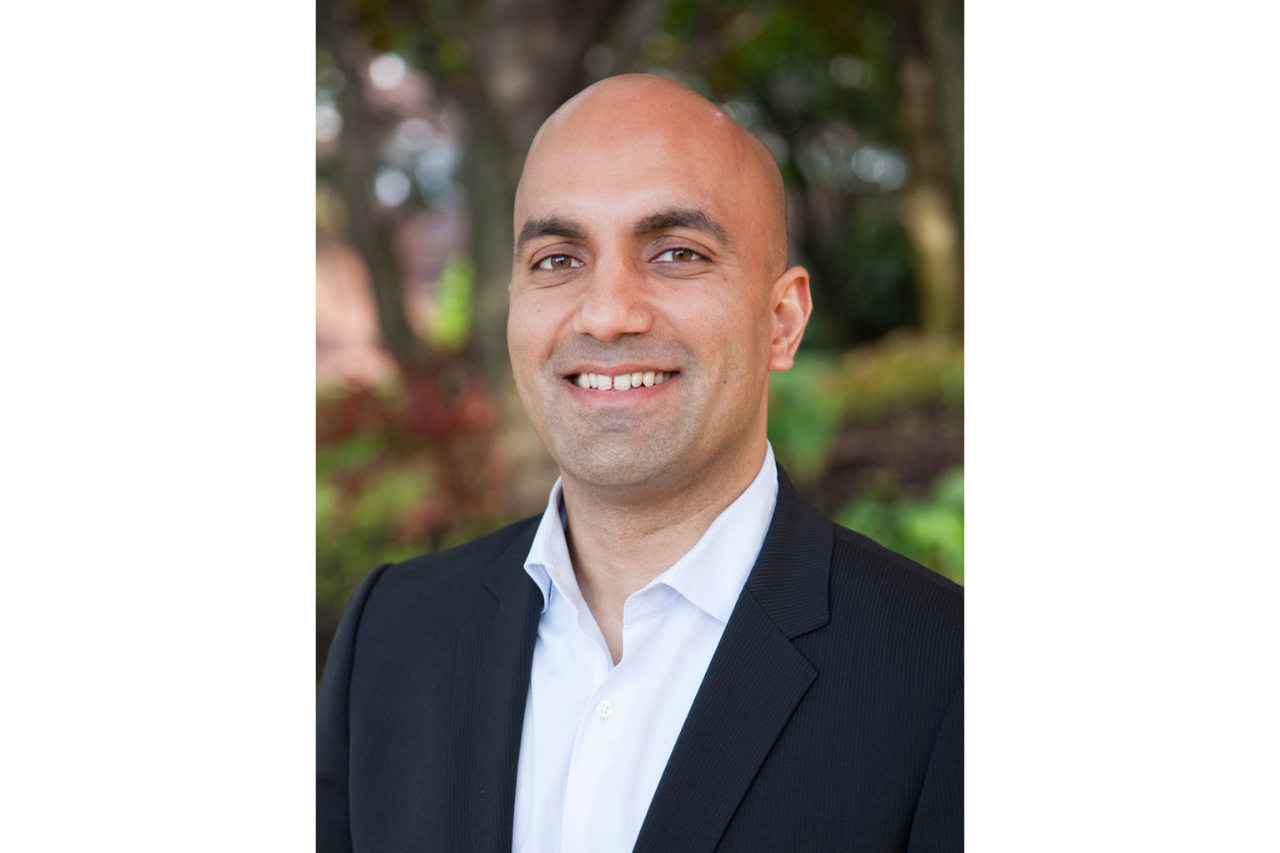Can you explain the role of the Global Impact Investing Network (GIIN)?
The GIIN is the global champion of impact investing. Our network includes more than 35,000 people on six continents and we have a formal membership that includes around 350 firms in just over
45 countries. We are committed to using investment to drive social and environmental progress.
The network was founded in 2009 when there was a real opportunity to weave together a global community of investors trying to explore the impact approach. What’s exciting is an impact lens can be applied across an entire strategy, enabling investors to build a cross-sector diversified portfolio that really puts money towards high-impact projects.
We also provide a lot of educational events and conduct research on the market. We build out the tools and resources that allow investors to effectively put the capital to work and have a positive impact on any range of issues, including things such as mitigating climate change, investing in sustainable agriculture, affordable housing, financial inclusion, renewable energy and beyond.
It’s an exciting time because we see many investors who have historically been thinking about ESG interested also in how they can use their investments to drive real-world outcomes. So that’s leading to a growth in interest.
What is your call to action for investors?
When it comes to the climate crisis and social inequality it’s important to recognise these are systemic issues, and systemic issues require systemic responses.
My call to action would be for all investors to look at how their portfolios can have positive impact in advancing progress, but also how to minimise negative impacts.
What’s really critical is that all companies and investors have a relationship to these systemic issues. We have the tools, resources and products for investors to play a role. When we think about the UN General Assembly meeting and COP26, the leaders of the world will come together and assess progress on these issues, we already know the action to date has been insufficient.
I hope every investor is thinking about how they can play a role. Each should be incorporating impact into how they operate. Ultimately, our vision is that impact becomes part of all investing.
Read the full Q&A in ESG Clarity‘s July digital magazine here.








